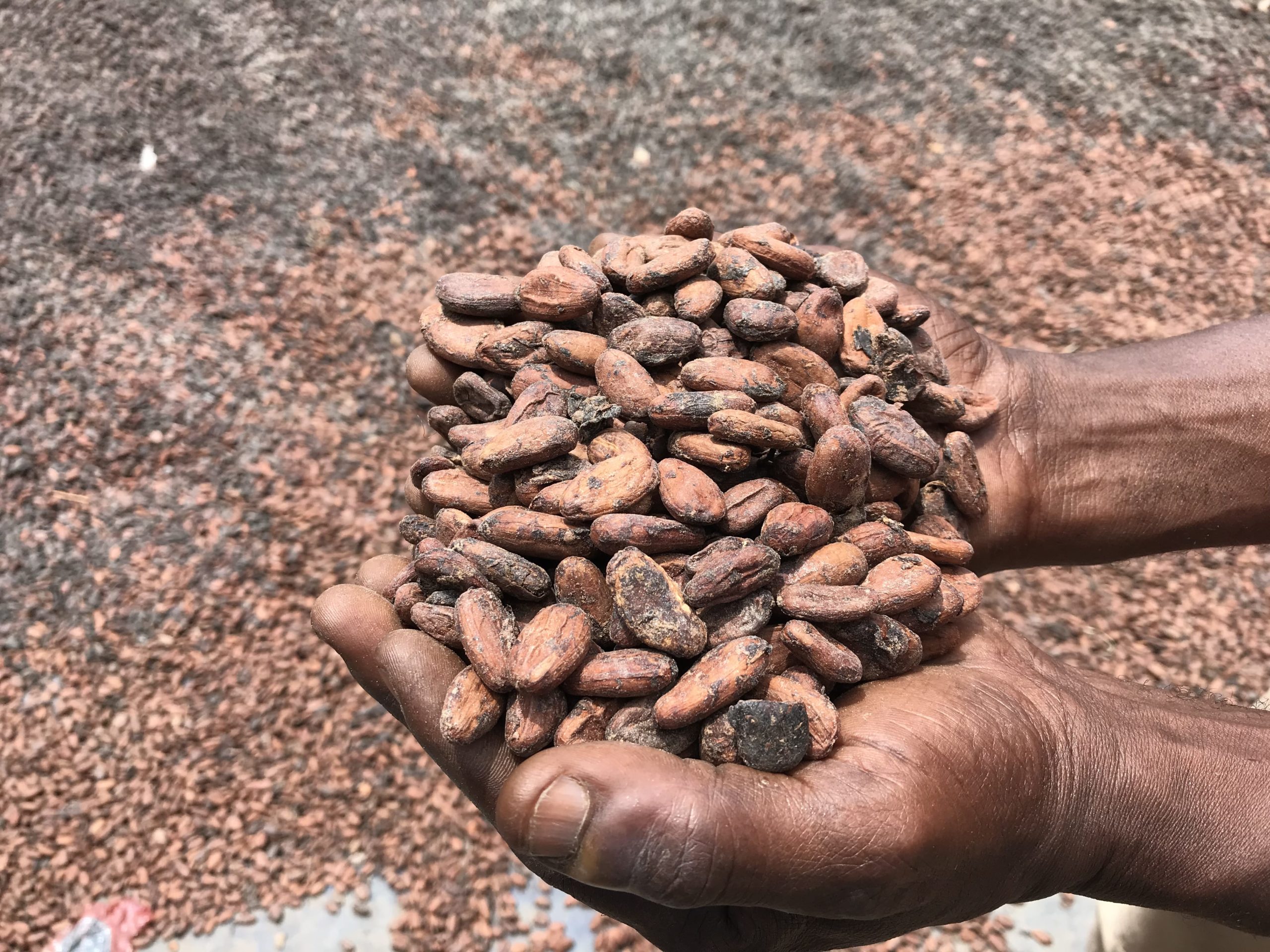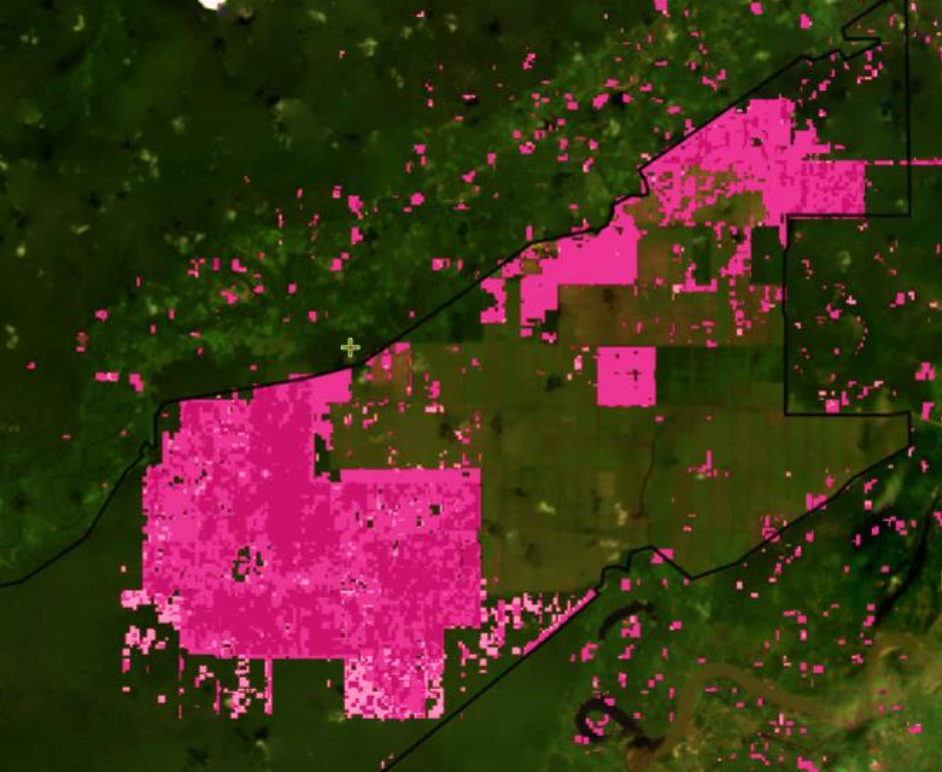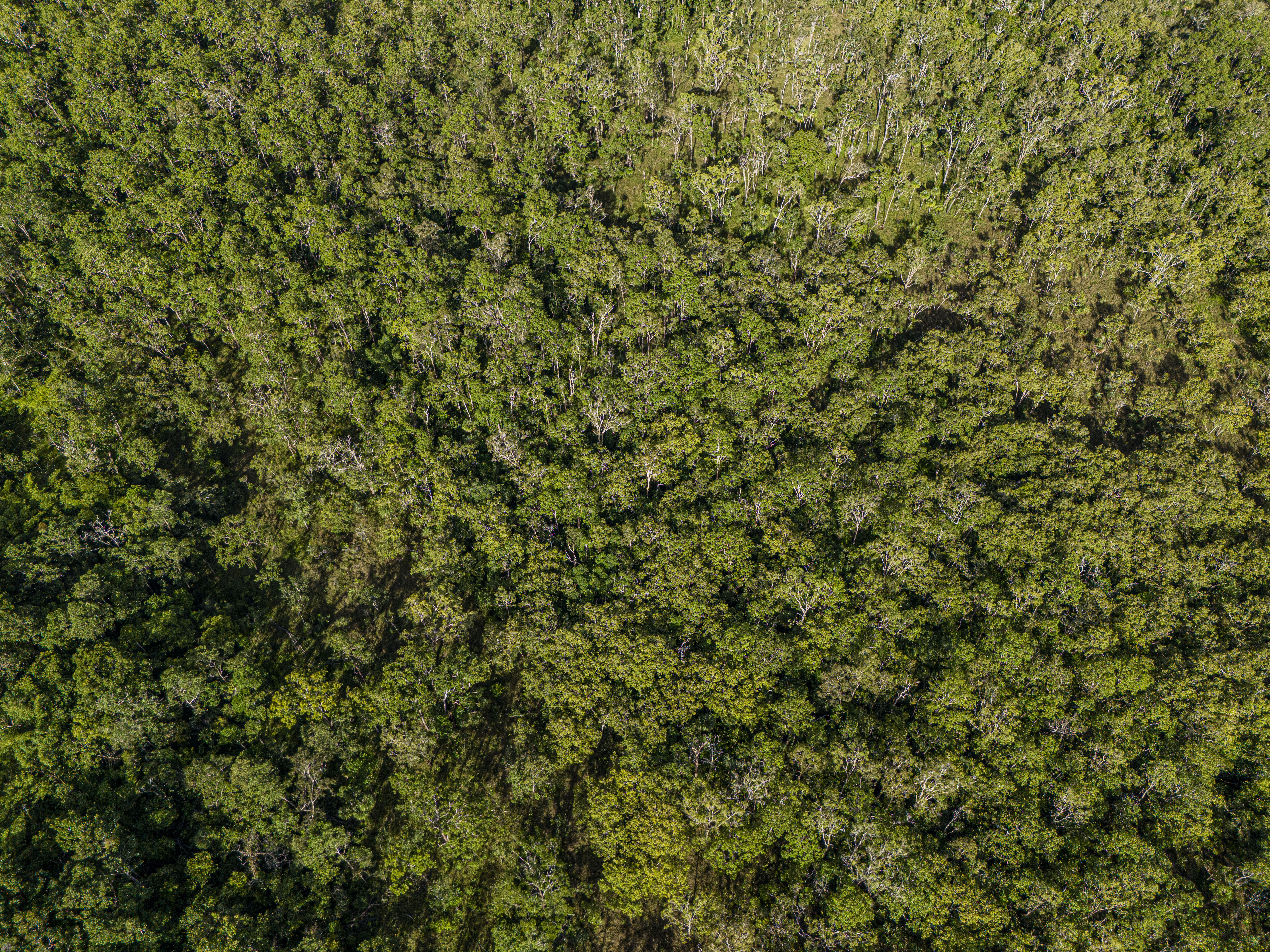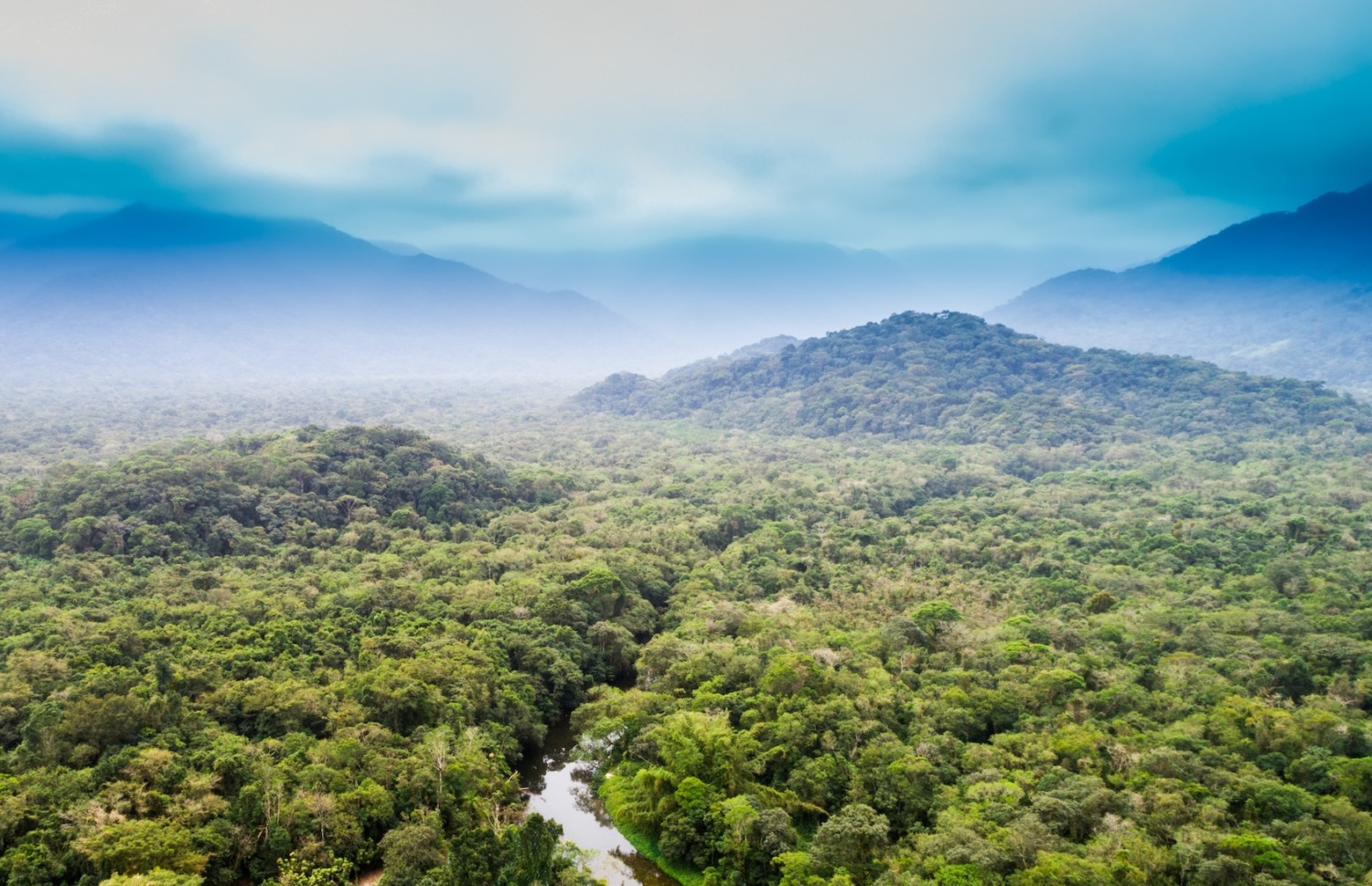
Historic Coalition Speaks Out for Sustainable Cocoa in Ghana and Cote d’Ivoire
Joint Declaration by 350 different NGOs calls for government action to support farmers and protect forests
ABIDJAN, CÔTE D’IVOIRE – Today, 350 environmental, human rights, and good governance NGOs joined a historic letter outlining steps that the Ghanaian and Ivorian governments must take encourage sustainable cocoa while supporting farmers and protecting forests.
The signatories, which include an Ivorian research institute (INADES) and key coalitions such as the Ivorian Civil Society Convention (CSCI), the Ivorian Observatory on Sustainable Management of Natural Resources (OIREN), and the Coalition of Ivorian Human Rights Actors (RAIDH), specifically support the implementation of a floor price for cocoa as announced by the governments of Ghana and Ivory Coast but call for additional safeguards to ensure the new price floor provides income to cocoa farmers without incentivizing additional deforestation. The letter echoes earlier calls for a well-managed price floor from civil society organizations in Ghana, Cameroon, and the EU and US. The joint declaration further highlights that these issues have taken on added urgency as the global coronavirus pandemic exacerbates poverty and disrupts the economy.
“Civil society is coming together to fight for sustainable cocoa,” said Amourlaye Touré, Mighty Earth’s West Africa Representative. “A cocoa price floor is an important step, but the governments must now ensure that industry actually pays the mandated price and that the new funds raised from this initiative actually make it back to the cocoa farmers – many of whom are surviving on less than a dollar a day.”
The joint statement from the NGOs stresses the importance of preventing possible diversions and says that the revenue generated by the price floor must be managed transparently, with benefits accruing to impoverished farmers. In Côte d’Ivoire, the agency responsible for managing Protected Areas has not always been blameless for corruption; similar problems affect Ghanaian authorities with jurisdiction over deforestation for cocoa as well. According to the World Bank, as reported by Reuters, “Corruption and regulatory mismanagement of Ghana’s cocoa industry are hurting production and harming farmers, underlining the need for reform.”
The new Joint Declaration challenges the Ivorian and Ghanaian governments to ensure that the floor price does not trigger a wave of new deforestation in an already devastated landscape. Côte d’Ivoire and Ghana have had some of the historically highest rates of deforestation in the world. Both countries have lost approximately 90 percent of their forests since independence, with about one-third of that loss driven by cocoa.
“Typically, when a commodity price goes up, deforestation also goes up. The governments must act now to implement the joint monitoring mechanisms they promised to build in 2017 as part of the Cocoa and Forests Initiative,” said the Mighty Earth representative. “We’ve seen real progress in addressing deforestation – Ghana and Côte d’Ivoire both saw primary forest loss decrease by 50 percent from 2018 to 2019 – but now is not the time to get complacent.”
Civil society also pushed for new commitments to respect for the rights of vulnerable smallholder cocoa producers. A new forestry policy announced last year will likely result in the evictions of thousands of small-scale cocoa farmers, with an estimated 1.5 to 2 million cocoa farmers living in protected forests and national parks in Côte d’Ivoire and neighboring Ghana. Although the Ivorian government has the right to reclaim forests intended for conservation, international law protects anyone who occupies land from forced evictions that do not respect the dignity and rights of those affected, regardless of where they are living.
Finally, the Joint Declaration notes that more must be done to address child labor in the industry.
“The coronavirus pandemic has compounded existing problems – more farmers are going hungry and child labor is skyrocketing as the economic impacts worsen,” said Touré. ”We need a well-managed cocoa floor price to protect people’s livelihoods and consolidate the gains we have made in recent years for sustainable cocoa.”


